Potrebujeme váš súhlas na využitie jednotlivých dát, aby sa vám okrem iného mohli ukazovať informácie týkajúce sa vašich záujmov. Súhlas udelíte kliknutím na tlačidlo „OK“.
ASTM G148-97(2011)
Standard Practice for Evaluation of Hydrogen Uptake, Permeation, and Transport in Metals by an Electrochemical Technique
Automaticky preložený názov:
Štandardná prax pre hodnotenie vodíka vychytávania Prienik a dopravy v kovoch elekrochemickej Technika
NORMA vydaná dňa 1.5.2011
Informácie o norme:
Označenie normy: ASTM G148-97(2011)
Poznámka: NEPLATNÁ
Dátum vydania normy: 1.5.2011
Kód tovaru: NS-57414
Počet strán: 10
Približná hmotnosť: 30 g (0.07 libier)
Krajina: Americká technická norma
Kategória: Technické normy ASTM
Kategórie - podobné normy:
Anotácia textu normy ASTM G148-97(2011) :
Keywords:
charging, decay current, diffusivity, electrochemistry, flux, hydrogen, permeation, transient, Charging, Decay current, Diffusivity, Electrochemical measurements/testing, Hydrogen, Permeation, Transients, Transport in metals, ICS Number Code 77.040.01 (Testing of metals in general)
Doplňujúce informácie
| Significance and Use | ||
|
The procedures described, herein, can be used to evaluate the severity of hydrogen charging of a material produced by exposure to corrosive environments or by cathodic polarization. It can also be used to determine fundamental properties of materials in terms of hydrogen diffusion (for example, diffusivity of hydrogen) and the effects of metallurgical, processing, and environmental variables on diffusion of hydrogen in metals. The data obtained from hydrogen permeation tests can be combined with other tests related to hydrogen embrittlement or hydrogen induced cracking to ascertain critical levels of hydrogen flux or hydrogen content in the material for cracking to occur. |
||
| 1. Scope | ||
|
1.1 This practice gives a procedure for the evaluation of hydrogen uptake, permeation, and transport in metals using an electrochemical technique which was developed by Devanathan and Stachurski. While this practice is primarily intended for laboratory use, such measurements have been conducted in field or plant applications. Therefore, with proper adaptations, this practice can also be applied to such situations. 1.2 This practice describes calculation of an effective diffusivity of hydrogen atoms in a metal and for distinguishing reversible and irreversible trapping. 1.3 This practice specifies the method for evaluating hydrogen uptake in metals based on the steady-state hydrogen flux. 1.4 This practice gives guidance on preparation of specimens, control and monitoring of the environmental variables, test procedures, and possible analyses of results. 1.5 This practice can be applied in principle to all metals and alloys which have a high solubility for hydrogen, and for which the hydrogen permeation is measurable. This method can be used to rank the relative aggressivity of different environments in terms of the hydrogen uptake of the exposed metal. 1.6 This standard does not purport to address all of the safety concerns, if any, associated with its use. It is the responsibility of the user of this standard to establish appropriate safety and health practices and determine the applicability of regulatory limitations prior to use. |
||
| 2. Referenced Documents | ||
|
Podobné normy:
Historická
1.11.2010
Historická
1.7.2012
25.10.2004
27.12.1983
NEPLATNÁ
1.5.2006
1.9.1996


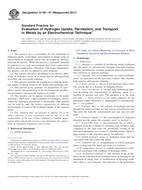
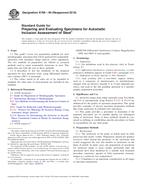 ASTM E768-99(2010)..
ASTM E768-99(2010)..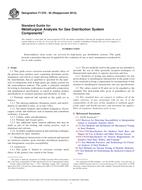 ASTM F1376-92(2012)..
ASTM F1376-92(2012)..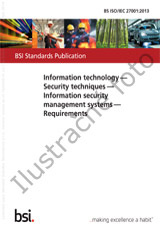 BS EN 10204:2004..
BS EN 10204:2004.. ČSN 420302
ČSN 420302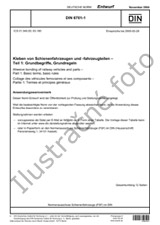 DIN EN ISO 3785:2006..
DIN EN ISO 3785:2006..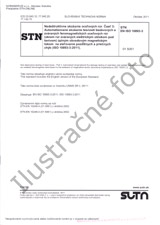 STN 040005
STN 040005
 Cookies
Cookies
